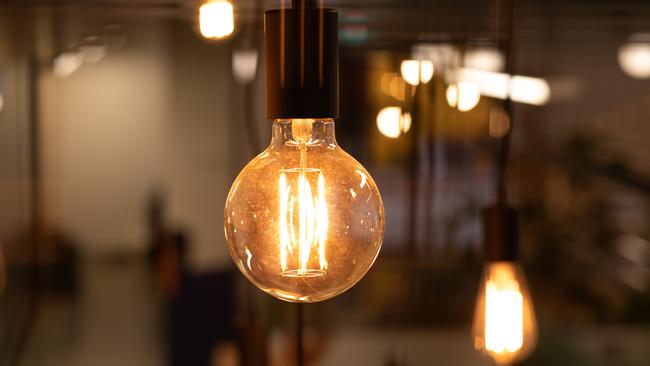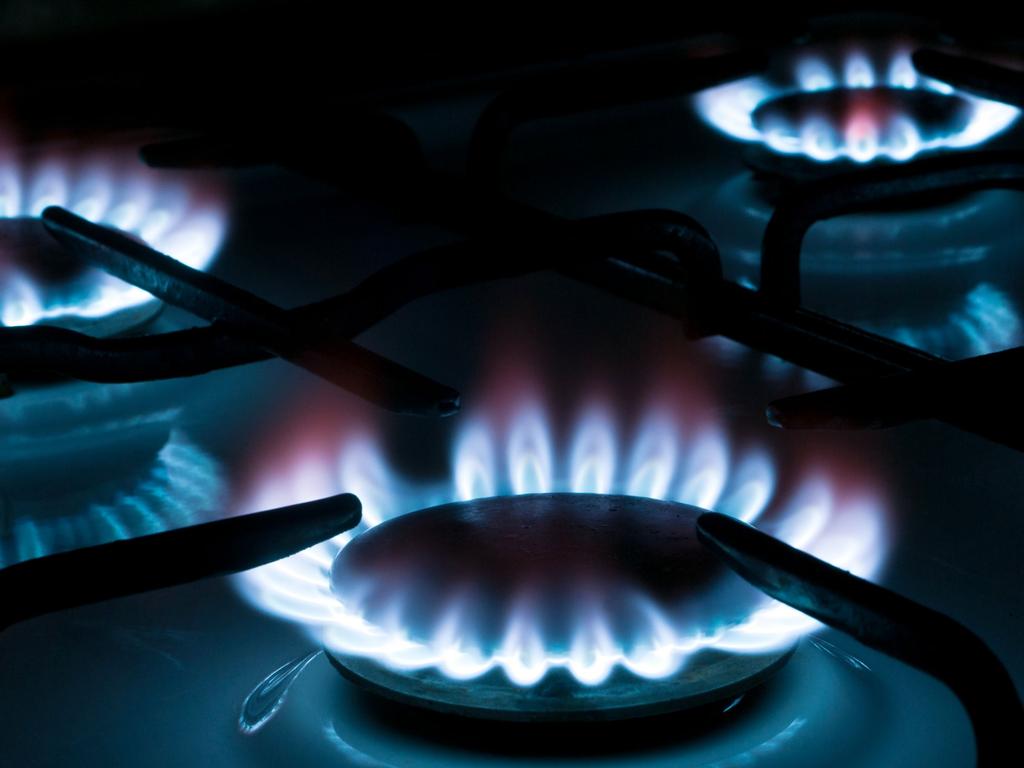Fossil fuel shift: Electrifying all households could cost more than $60bn
A move to electrify all households could cost more than $60bn, highlighting the challenges of the transition away from fossil fuels.

A move to electrify all Australian households could cost taxpayers more than $60bn, analysis from the national peak body for pipeline infrastructure has revealed, highlighting the challenges of paying for the country’s transition away from fossil fuels.
The Australian Pipelines and Gas Association chief executive Steve Davies said the “enormous price tag” of fully electrifying all homes had been “frequently downplayed”.
Mr Davies pointed to costings by the Parliamentary Budget Office for independent senator David Pocock that calculated it would cost $11.3m over the forwards to help a single ACT suburb electrify.

This figure was based on a model to give $13,000 a household to help 1000 homes in Canberra transition to be fully electric.
The taxpayer-funded subsidies would cover 50 per cent of the capital and installation costs for solar panels, electric reverse-cycle airconditioning and heat pump water heaters.
Mr Davies said the total price of electrifying all 5.1 million households across the nation currently on gas suggested the total taxpayer bill could exceed $66.3bn.
He said Australia’s transition towards renewables must be done with consideration given to the nation’s “cost-of-living” crisis.
“Every change we make to decarbonise our country will come at a cost and the enormous price tag of fully electrifying Australian homes and business has been frequently downplayed,” he said.
“Each industry, including the gas infrastructure sector, has a responsibility to decarbonise and do so in a way that’s economical for households and businesses during this cost-of-living crisis.”
Under Senator Pocock’s model costed by the PBO, households would be expected to fund the other half of the transition through concessional loans from the government.
Senator Pocock is pushing for a national electrification program to accelerate emissions reductions and help reduce household energy bills.
In conjunction with Saul Griffith and Rewiring Australia, Senator Pocock said the cost of a nationwide rollout would be about $12bn, roughly equal to the government’s annual fossil fuel subsidies.
He has advocated for the government to develop a “demonstration project” in Canberra to create the world’s first fully electrified suburb, which would guarantee participating households a 20-25 per cent saving per annum on fuel and energy bills.
A spokeswoman for Senator Pocock said a pilot program would help identify obstacles and work through solutions.
“It is about creating jobs, saving people money and ensuring we reap the benefits of the smart energy transition already under way,” she said.
“Australians clearly understand and appreciate the benefits of electrification as the world-leading adoption of rooftop solar shows, together with the rapid increase in the rate of uptake in electric vehicles.”
Energy and Climate Change Minister Chris Bowen isin talks with the Greens to develop an electrification package to help households and businesses transition off gas, after Labor struck a deal with the minor party to ensure passage of its $1.5bn energy support package in December.
The Australian understands negotiations are ongoing over what is included in the package and how it will be funded.
Greens leader Adam Bandt said it was time “coal and gas corporations paid their fair share of tax” to help households and businesses switch to clean power.
“Greedy gas corporations have seen the writing on the wall and they’re desperate to eke out a few more years gouging customers and cooking the planet,” he said.
“What’s expensive is giving greedy gas corporations billions in public subsidies while they pay no tax and drive households and businesses into the ground with wartime profiteering.”
Deloitte Access Economics partner Pradeep Philip said electrification in the economy was a “no-brainer” but that governments should not be expected to pay for the whole transition to renewables.
“Governments can be catalytic in driving investment but they cannot be expected to do the lot,” Mr Philip said.
“One reason is because you want markets to work and need competitive markets to be more efficient, and there are limits to government.
“The key is there is good commercial returns for Australian businesses as they electrify. Governments have to be prudent and invest budget dollars widely.”
Opposition climate change and energy spokesman Ted O’Brien said Australians would ultimately pay through higher energy bills or higher taxes if the government poured “billions” into electrification programs.
“If the government pours billions into new programs like this one, it’ll be the Australian people who ultimately pay through higher energy bills or higher taxes,” he said.
“Instead of reducing mounting cost-of-living pressures on households and businesses, the government keeps making the situation worse by doing deals with the Greens and with the independents.”







To join the conversation, please log in. Don't have an account? Register
Join the conversation, you are commenting as Logout